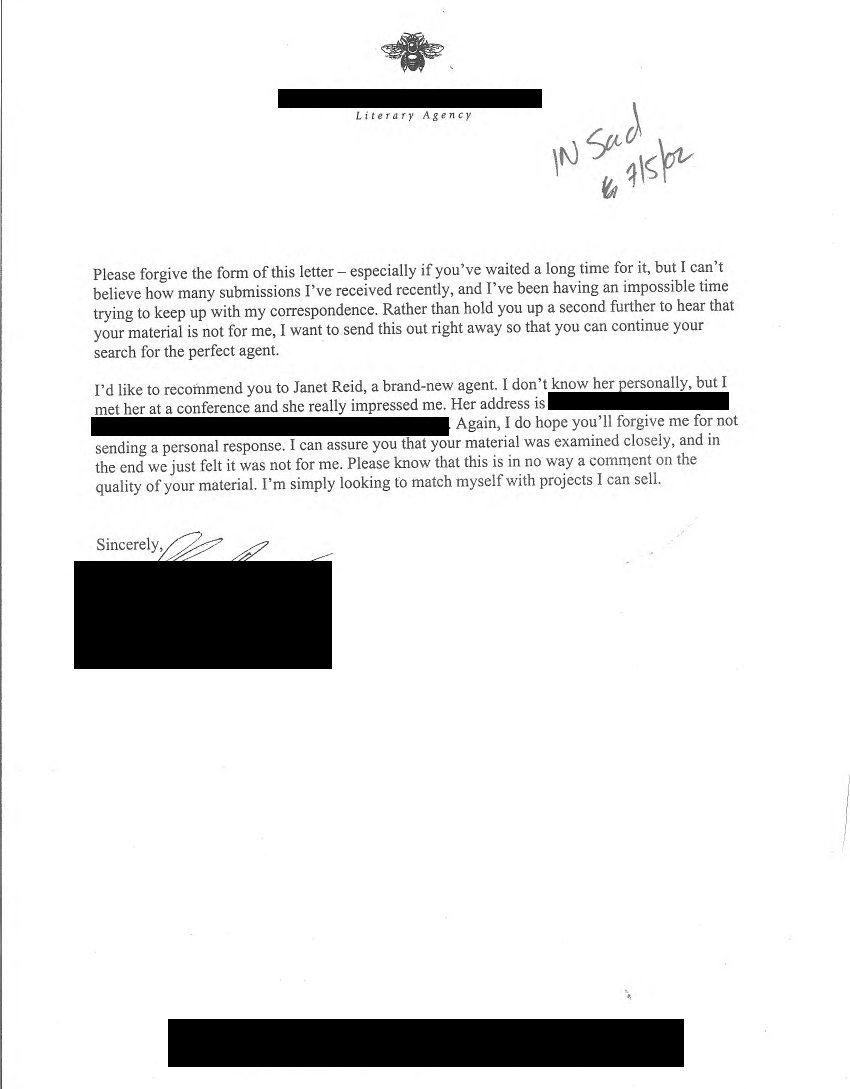The Work-Work Balance: Freelancing and Fiction

A lot of writers dream of writing full-time. Some writers, of course, dream of other things, like getting paid to taste-test hamburgers, or whiskey. But an awful lot of us dream about being able to walk away from the Day Job and earn a living with nothing but our rapier wit and understanding of pathetic fallacy.
Usually, this dream involves our fiction, and usually it is in the form of a hell of a lot of book sales. Sometimes life throws you a curve and your dream of making a living writing comes true in the bizarro way: You launch a freelance writing career in parallel with your fiction endeavors. On the plus side, you are, technically, writing for a living. On the negative side, some of your writing energy and brain power will be dumped into freelance instead of awesome books. On the plus side, you were going to put that brain energy into a Day Job anyway.
On the negative side, writing all the time can sometimes get a little draining.
Finding Balance
Now, if your goal is to write for a living, this isn’t a bad thing, it’s just something to keep in mind. And if you’re writing to pay the bills, your number one priority is going to be getting enough work to pay those bills. And it’s not like there’s a finite number of words you’ll get to write before death takes you in its icy grip.
So how do you attain balance between writing-for-the-filthy-lucre and writing for your passion? You don’t.
Balance is a bad word here, and writers should be ashamed of using it. Balance implies that an equitable share is desirable, that an even split in your time and energies is the ideal. This is, as scientists say, bullshit. What you want is coordination between your work-writing and your fiction. And, frankly, you should be looking to dial down the time you spend on freelance or other paid writing as much as possible while making enough money to survive. This is accomplished through a very simple maneuver known as raising your rates. The goal should be getting paid $100,000 per word so you can write one tweet and retire.
Stop trying to balance things, and start pressing your thumb on the scale in favor of your fiction.










